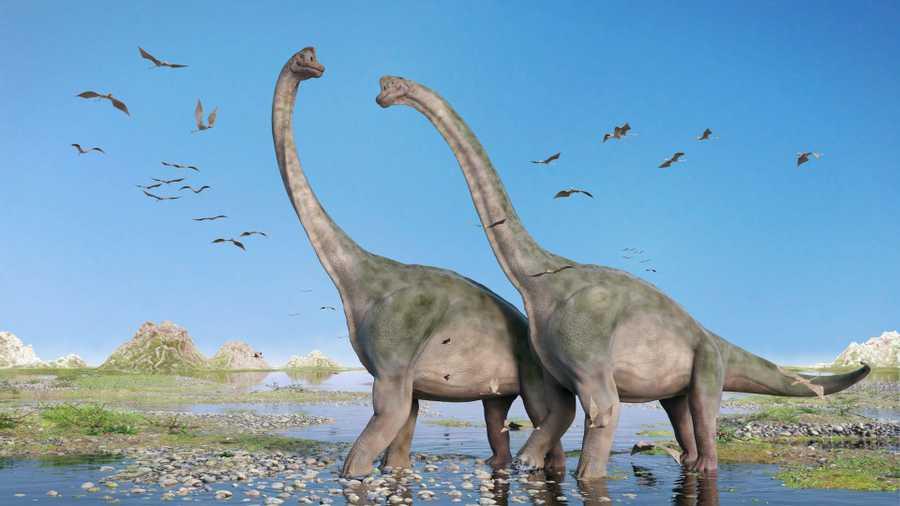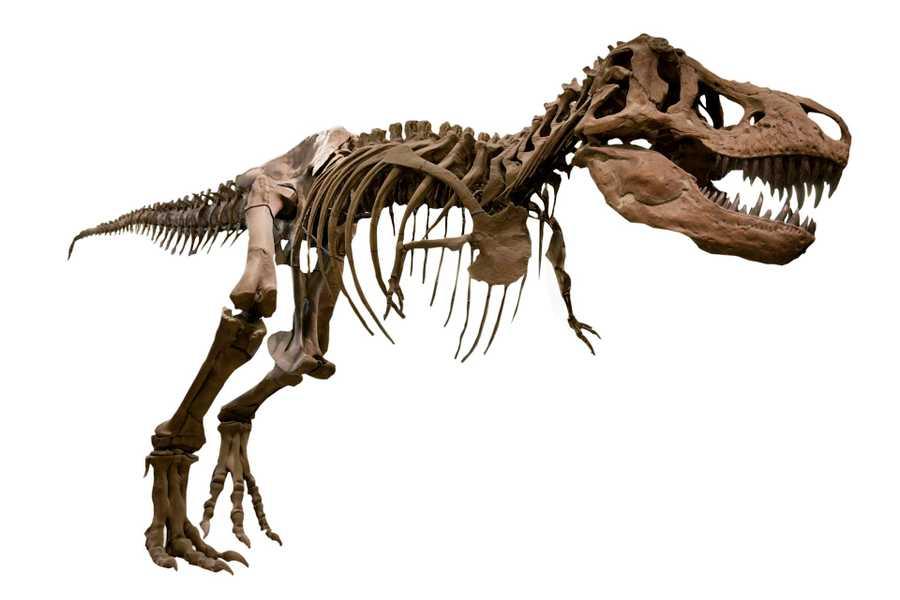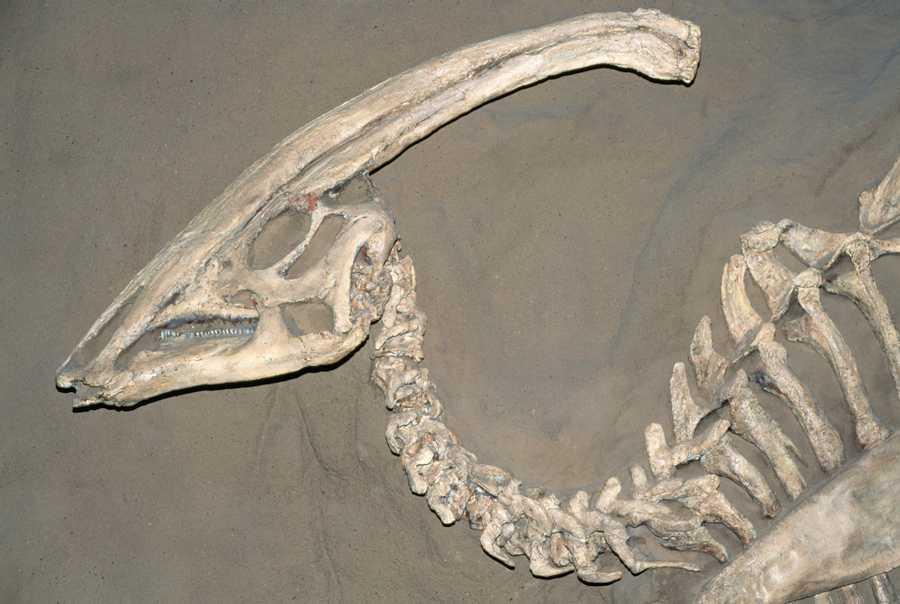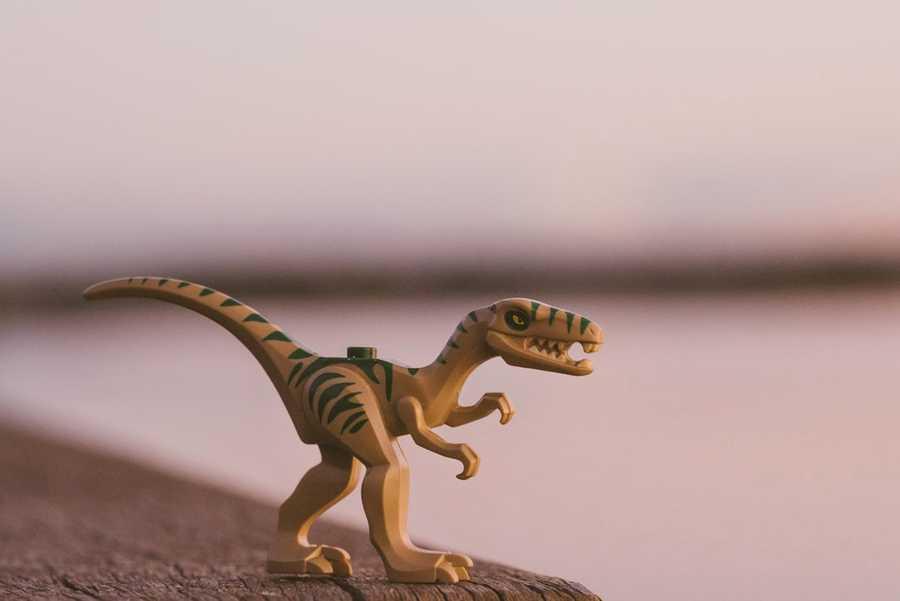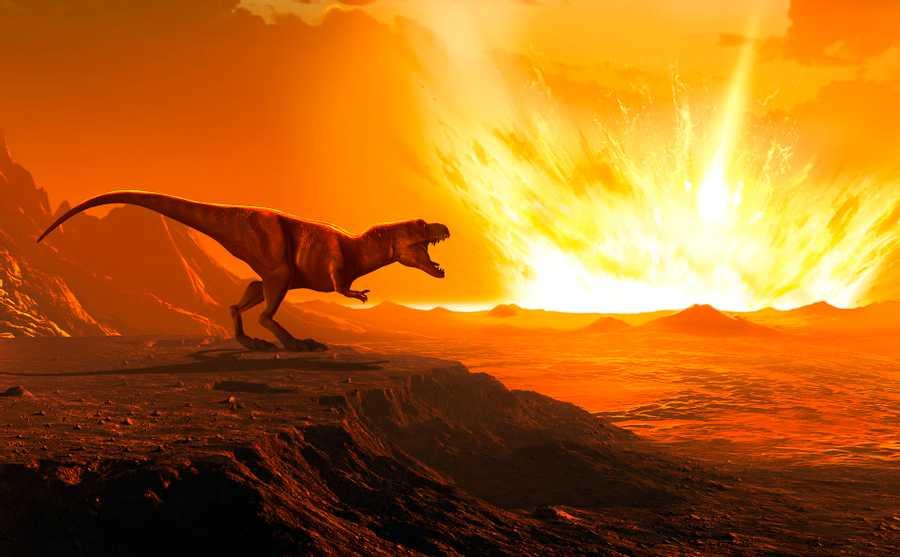Is it possible to recreate dinosaurs from their DNA?
Curated from: theconversation.com
Ideas, facts & insights covering these topics:
6 ideas
·628 reads
9
Explore the World's Best Ideas
Join today and uncover 100+ curated journeys from 50+ topics. Unlock access to our mobile app with extensive features.
The ABCs Of DNA
Your DNA is different from everyone else’s. It determines many of the characteristics that define you, like the color of your eyes or whether your hair is straight or curly.
DNA is much easier to find in the “soft parts” of an animal – their organs, blood vessels, nerves, muscle and fat.
But a dinosaur’s soft parts are long gone. They either decomposed or were eaten by another dinosaur.
9
174 reads
Is DNA In The Fossils?
Dinosaur fossils are all that’s left of those prehistoric animals.
Immersed for tens of millions of years in ancient mud, minerals and water, the fossils come from the dinosaur’s so-called “hard parts” – its bones, teeth and skull.
We find dinosaur fossils in the ground, in riverbeds and lakes, and on the sides of cliffs and mountains. Every now and then, someone finds one in their backyard .
9
100 reads
The Trouble With Dino-DNA
But scientists have a big problem when trying to find DNA in dinosaur fossils.
DNA molecules eventually decay. Recent studies show DNA deteriorates and ultimately disintegrates after about 7 million years.
That sounds like a long time, but the last dinosaur died at the end of the Cretaceous Period . That’s more than 65 million years ago.
12
97 reads
Dino-DNA Could Reconstruct A Dinosaur!
Dig up a fossil today, and any dino-DNA within would have long since fallen apart.
That means, as far as scientists know, and even using the best technology available today, it’s not possible to make a dinosaur from its DNA.
Although it’s too late to find dino-DNA, scientists recently found something almost as intriguing.
They discovered DNA fragments in the fossils of Neanderthals and other ancient mammals, such as woolly mammoths .
9
83 reads
The Basic Idea
Although it’s too late to find dino-DNA, scientists recently found something almost as intriguing.
They discovered DNA fragments in the fossils of Neanderthals and other ancient mammals, such as woolly mammoths .
Now that makes sense; those fragments are less than 2 million years old, well before all of the DNA would decay.
9
87 reads
Imagine For A Moment...
Just for fun, let’s imagine that somehow, sometime in the future, researchers came up with fragments of dinosaur DNA.
With only fragments, scientists still could not make a complete dinosaur.
Instead, they would have to combine the fragments with the DNA of a modern-day animal to create a living organism.
That creature, however, could not be called an actual dinosaur. Rather, it would be a hybrid, a blend of dinosaur and, most likely, a bird or reptile.
8
87 reads
IDEAS CURATED BY
I owe my originality to a technical clusterfuck of emotions driven by angst and my dad's radio.
Ahana Chakraborty's ideas are part of this journey:
Learn more about personaldevelopment with this collection
The benefits of a bedtime routine
How to improve your sleep quality
How to create a relaxing sleep environment
Related collections
Similar ideas
6 ideas
A Brief History of Dinosaurs
livescience.com
2 ideas
2 ideas
Reality bites: Could Jurassic Park actually happen?
theguardian.com
Read & Learn
20x Faster
without
deepstash
with
deepstash
with
deepstash
Personalized microlearning
—
100+ Learning Journeys
—
Access to 200,000+ ideas
—
Access to the mobile app
—
Unlimited idea saving
—
—
Unlimited history
—
—
Unlimited listening to ideas
—
—
Downloading & offline access
—
—
Supercharge your mind with one idea per day
Enter your email and spend 1 minute every day to learn something new.
I agree to receive email updates

